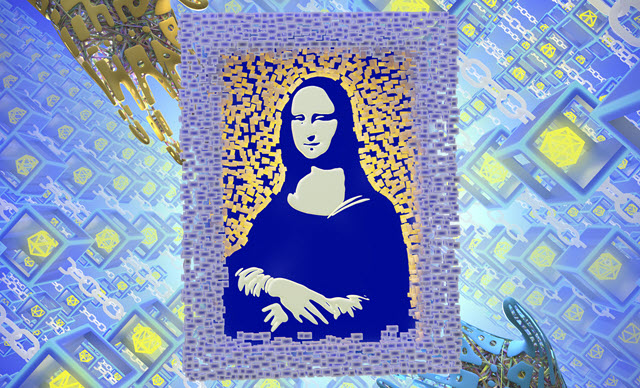The market for art and collectables has been dominated by non-fungible tokens (NFTs), some of which fetch millions of dollars. While this has inspired excitement among collectors and producers, it has also prompted ethical questions about ownership and access. In this post, we will look at rights and access difficulties and the ethical implications of collecting NFTs.
The Ownership Question
Ownership is one of the leading moral concerns surrounding collecting NFTs. Owning tangible works of art and artefacts is well-established, but digital right is more nuanced. NFTs claim digital asset ownership, but it is still being determined if this claim is valid and enforceable. Disagreements over ownership rights will develop between creators and purchasers.
Concerns about how NFTs would affect established conventions in the art industry are also raised. The resale right, which ensures that artists receive a portion of the proceeds from the sale of their creations, underpins how the conventional art market functions. NFTs still need to create a system that ensures creators receive a cut of future resales.
The Access Issue
Another ethical concern associated with collecting NFTs is access. NFTs present a fresh method of acquiring and exchanging digital goods but may also restrict access to the arts and culture. Exclusive digital assets could worsen already-existing access disparities to art and culture, particularly for people who need help to buy NFTs. This raises the possibility of online inequity.
NFTs further increase the risk of cultural appropriation because artists could utilise culturally significant images or symbols without giving due credit or receiving payment. Who has the right to use cultural heritage and how should they be rewarded are questions that are raised by this.
Case Studies
Due to ownership and access concerns associated with NFTs, some high-profile incidents have caused controversy. For instance, the sale of a popular Nyan Cat meme as an NFT for almost $600,000 has sparked debate over the ownership of memes and the payment of meme creators.
Another illustration of how exclusive NFTs may be and how they might restrict access to art and culture is the $69 million sale of Beeple’s digital artwork.
Recommendations and Solutions
NFT platforms and creators can take action to advance transparency, inclusion, and ethical practices to address these moral problems. NFT platforms, for instance, can set up procedures that ensure artists receive a portion of the proceeds from the sale of their creations. They can encourage more inclusive practices by allowing customers to access NFTs at various pricing ranges.
Buyers and collectors can also play a role in fostering ethical practices by paying closer attention to the designers of NFTs and avoiding those that support cultural appropriation. Additionally, they can promote greater openness and diversity in the NFT market.
Conclusion
The market for art and collectables has seen exciting changes thanks to valuable NFTs, but these innovations have also raised ethical questions regarding access and ownership. Buyers and collectors may support transparency and diversity by supporting NFT platforms and producers in their efforts to promote moral behaviour. By addressing these ethical concerns, we can ensure that the future of collecting NFTs is fair and equitable for everybody.

